Gardening has always been a rewarding way to connect with nature, but it’s also an opportunity to support the environment by adopting sustainable practices. As awareness of environmental issues grows, more people are turning to eco-friendly gardening tools that conserve resources, reduce waste, and protect natural ecosystems. From composting bins to water-saving irrigation systems, there’s a wide range of tools available to help you create a garden that’s both beautiful and sustainable. This guide covers the essential eco-friendly gardening tools that every green-minded gardener should consider for a more sustainable and effective gardening experience.
Why Sustainable Gardening Tools Matter
Traditional gardening tools and methods often rely on materials and practices that are not environmentally friendly, such as plastic pots, chemical fertilizers, and gas-powered equipment. These can lead to issues like soil degradation, water wastage, and air pollution. Sustainable gardening tools, on the other hand, focus on reducing environmental impact. By conserving water, reducing plastic waste, and minimizing chemical use, these tools help maintain the health of your garden and the planet.
Eco-friendly gardening tools also support the health of local ecosystems by protecting beneficial insects, conserving soil nutrients, and promoting biodiversity. Sustainable tools are typically made from durable materials, meaning they last longer and often require less maintenance, making them a cost-effective choice in the long run. Let’s explore some must-have eco-friendly tools that can transform your garden into an eco-conscious haven.
1. Composters for a Zero-Waste Garden
Composting is an essential practice for any sustainable garden. By composting organic waste like kitchen scraps, yard clippings, and leaves, you can reduce the amount of waste sent to landfills and create nutrient-rich soil for your plants. Composters come in various types, including indoor bins, outdoor tumblers, and worm composters, all designed to help you easily turn waste into valuable compost for your garden.
Benefits of Composting
- Reduces household waste, lowering methane emissions from landfills.
- Creates a natural, nutrient-rich fertilizer for your garden.
- Improves soil health, enhancing moisture retention and structure.
Recommended Products
For those with limited outdoor space, the Epica Stainless Steel Compost Bin is a compact, odor-resistant option that fits easily on kitchen counters. If you’re interested in a larger setup, the FCMP Outdoor Tumbling Composter provides a dual-chamber design for continuous composting. Worm composters, like the Worm Factory 360, are ideal for producing rich vermicompost, especially in urban settings.
2. Watering Solutions for Conservation
Water conservation is crucial in sustainable gardening, particularly in areas prone to drought. Using water-efficient tools like soaker hoses, drip irrigation systems, and rain barrels can significantly reduce water use while keeping your plants healthy. Drip irrigation and soaker hoses deliver water directly to the plant roots, minimizing evaporation, while rain barrels collect rainwater for garden use, reducing reliance on municipal water sources.
Benefits of Water-Efficient Watering Tools
- Helps conserve water and reduces utility bills for households.
- Reduces soil erosion and delivers water more effectively to plants.
- Rain barrels can store excess water for future use, ensuring plants stay hydrated during dry periods.
Recommended Products
For drip irrigation, the Raindrip Drip Irrigation Kit offers a customizable system for efficient water distribution. Soaker hoses from brands like Gilmour are easy to install and effective in delivering water directly to plants. Rain barrels, such as the Ivy Rain Barrel, are an excellent way to capture and store rainwater, providing a free water source for your garden.
3. Biodegradable Seed Starters
Starting seeds in biodegradable pots is an eco-friendly alternative to traditional plastic seed trays. Biodegradable seed starters allow you to plant seeds directly into the ground, eliminating the need for plastic containers that often end up in landfills. These seed pots decompose naturally as the plant grows, enriching the soil without leaving waste behind.
Benefits of Biodegradable Seed Starters
- Eliminates plastic waste associated with traditional seed trays.
- Provides nutrients to the soil as the pots decompose.
- Improves root health by allowing plants to grow without transplant shock.
Recommended Products
Jiffy Peat Pots are popular biodegradable seed starters made from natural materials, allowing roots to grow through the pot walls as they develop. CowPots, made from composted cow manure, offer an even more nutrient-rich alternative that decomposes quickly, providing additional nourishment to plants.
4. Hand Tools Made from Sustainable Materials
Many traditional hand tools are made with plastic handles or metals that are not sustainably sourced. Eco-friendly hand tools, on the other hand, use materials like bamboo, recycled metal, or responsibly sourced wood. These sustainable options are durable and designed to last, reducing the need for frequent replacements while minimizing environmental impact.
Benefits of Sustainable Hand Tools
- Made from renewable or recycled materials, reducing environmental impact.
- Durable and long-lasting, reducing waste over time.
- Support eco-friendly manufacturers and promote responsible production practices.
Recommended Products
Look for brands like Fiskars or Radius Garden, both of which offer hand tools made from recycled materials and ergonomically designed for ease of use. Bamboo-handled tools from Burgon & Ball are also an excellent option, as bamboo is a highly renewable resource. Each of these tools can make your gardening routine both effective and sustainable.
5. Mulching and Soil-Improving Tools
Mulching is a sustainable gardening practice that helps retain soil moisture, control weeds, and add nutrients back into the soil. Using mulching tools, such as spreaders and soil aerators, can make the process easier and more efficient. Additionally, organic mulches like shredded leaves, straw, or compostable materials are better for the environment than synthetic options.
Benefits of Mulching and Soil Improvement
- Reduces water evaporation, keeping soil moist for longer periods.
- Suppresses weed growth, reducing the need for herbicides.
- Improves soil quality by adding organic matter and nutrients.
Recommended Products
For mulching, the Brinly Tow-Behind Spreader is ideal for larger gardens, while a hand-held Garden Fork works well for spreading organic matter in smaller spaces. Consider natural mulches like Gardener’s Supply Straw Mulch or organic compost to enrich your soil and promote healthy plant growth.
6. Electric and Manual Lawn Care Tools
Gas-powered lawn mowers and trimmers are common sources of air and noise pollution. Switching to electric or manual lawn care tools can significantly reduce your carbon footprint. Electric mowers, for example, produce no emissions and are quieter than their gas-powered counterparts, while manual push mowers require no fuel at all. Both options offer a more sustainable approach to lawn care.
Benefits of Electric and Manual Lawn Tools
- Reduces air and noise pollution, making lawn care more eco-friendly.
- Low maintenance and cost-effective in the long run.
- Electric options are often lighter and easier to maneuver than gas-powered tools.
Recommended Products
The Greenworks Electric Lawn Mower is a top choice for an electric option, offering efficient performance with zero emissions. For manual options, the Fiskars StaySharp Max Reel Mower provides a quiet and fuel-free way to keep your lawn trimmed, making it a great choice for small to medium-sized yards.
7. Organic Fertilizers and Pest Control Solutions
Traditional fertilizers and pesticides often contain chemicals that can harm beneficial insects, pollute soil, and leach into waterways. Organic fertilizers and natural pest control solutions are safer for the environment, promoting a balanced ecosystem without toxic residue. Using these products supports healthier soil, more resilient plants, and the protection of beneficial insects essential for pollination.
Benefits of Organic Fertilizers and Pest Control
- Enhances soil health and biodiversity, enriching the garden ecosystem.
- Reduces exposure to harmful chemicals, making the garden safer for people and pets.
- Supports beneficial insects, contributing to pollination and pest control.
Recommended Products
For organic fertilizers, look for options like Dr. Earth Organic Fertilizer, which is made from all-natural ingredients and supports soil health. For pest control, Neem Oil is an excellent organic solution for repelling harmful pests without harming beneficial insects. Safer Brand Insecticidal Soap is another eco-friendly choice that effectively manages garden pests.
8. Reusable Plant Markers and Labels
Plastic plant markers are convenient but often contribute to plastic waste as they degrade over time. Reusable plant markers made from materials like metal, bamboo, or slate provide a durable, sustainable alternative. These markers can be used season after season, helping to reduce plastic waste in the garden.
Benefits of Reusable Plant Markers
- Eliminates plastic waste associated with disposable markers.
- Long-lasting and resistant to weather, allowing for multiple uses.
- Can be customized, making it easy to organize and label plants.
Recommended Products
Consider bamboo markers from GardenMate for a natural look that blends with garden aesthetics, or opt for slate markers like Bosmere Weatherproof Slate Labels, which can be easily wiped clean and reused. Metal options, such as those from Kaufhof, offer durability and a sleek look for any garden setting.
How to Transition to Eco-Friendly Gardening Tools
Switching to eco-friendly gardening tools can be an exciting journey, but it doesn’t need to happen all at once. Begin by identifying tools or practices in your current gardening routine that could be replaced with more sustainable options. For example, you might start by using a compost bin for kitchen scraps or switching to drip irrigation for watering. Gradually add other eco-friendly tools to your collection as needed.
Investing in high-quality, sustainable tools may require a slightly higher initial cost, but these tools are often more durable and cost-effective over time. Remember, every small change you make contributes to a greener garden and a healthier environment.
Conclusion
Embracing sustainable gardening tools is a practical and impactful way to reduce environmental impact while enjoying the benefits of a healthy, thriving garden. By choosing composters, water-efficient irrigation systems, biodegradable seed starters, and other eco-friendly products, you’re taking steps toward a more sustainable lifestyle. Each tool not only serves a specific function in the garden but also supports the broader goal of environmental conservation.
Sustainable gardening is about more than just growing plants—it’s about fostering a relationship with nature that respects and protects the planet. As you integrate these eco-friendly tools into your gardening routine, you’ll not only be enhancing the health and beauty of your garden but also contributing to a healthier ecosystem for future generations.
Ready to make your garden more sustainable? Start by choosing one or two eco-friendly tools and gradually expand your collection. Do you have a favorite sustainable gardening tool? Share it in the comments, and don’t forget to subscribe to our newsletter for more eco-friendly gardening tips and guides!
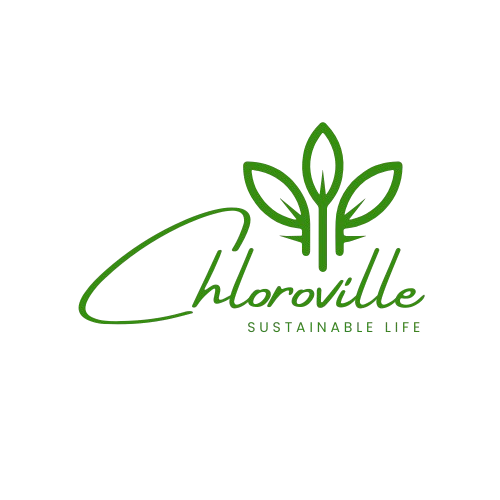

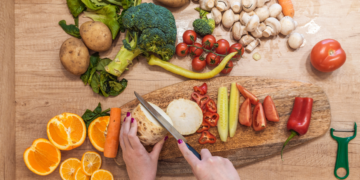
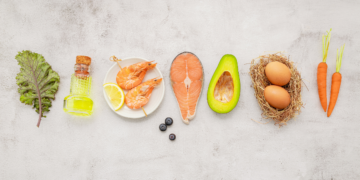
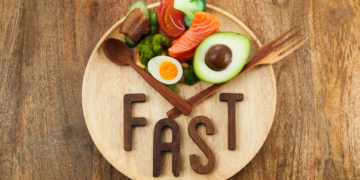





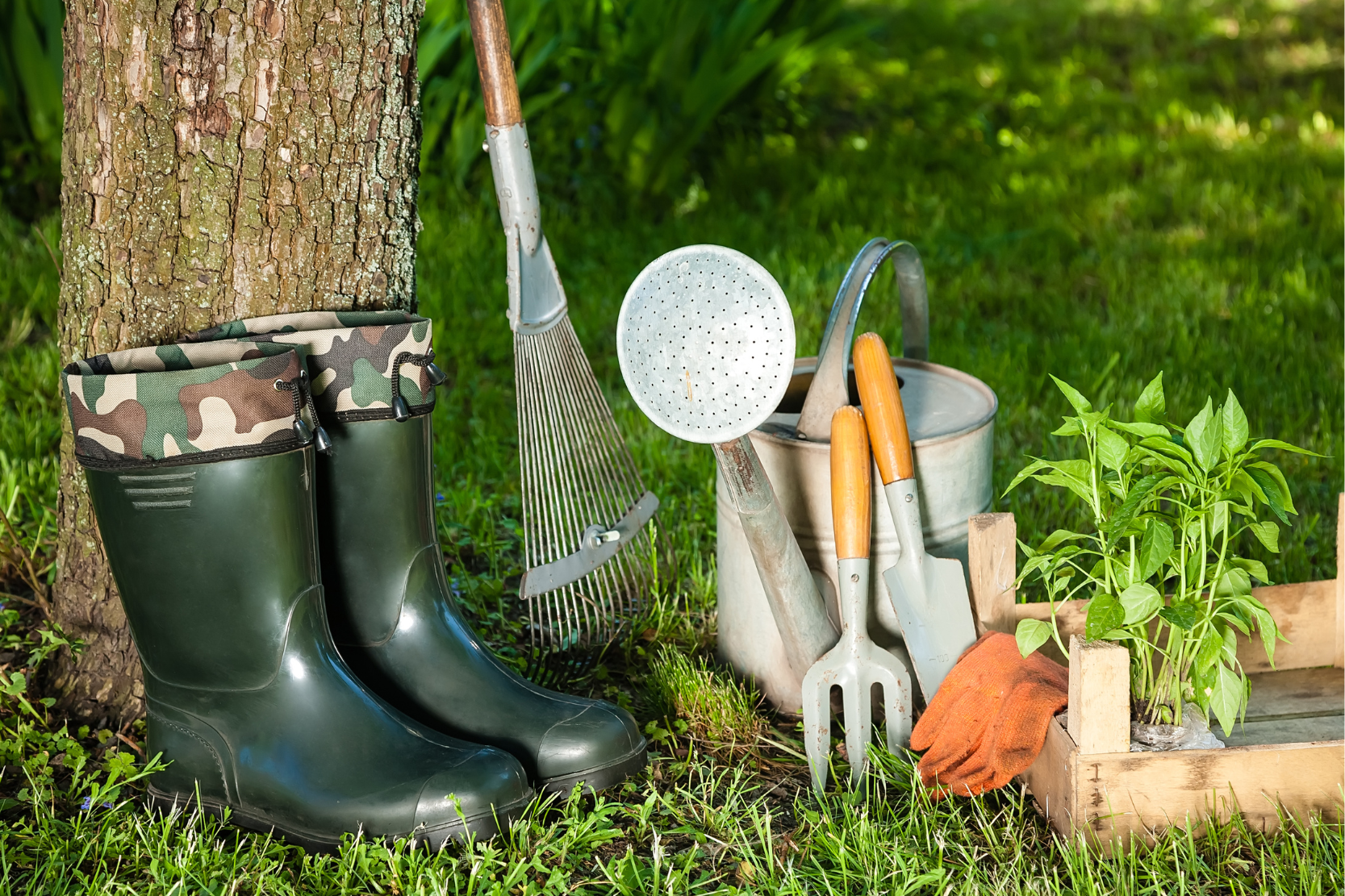

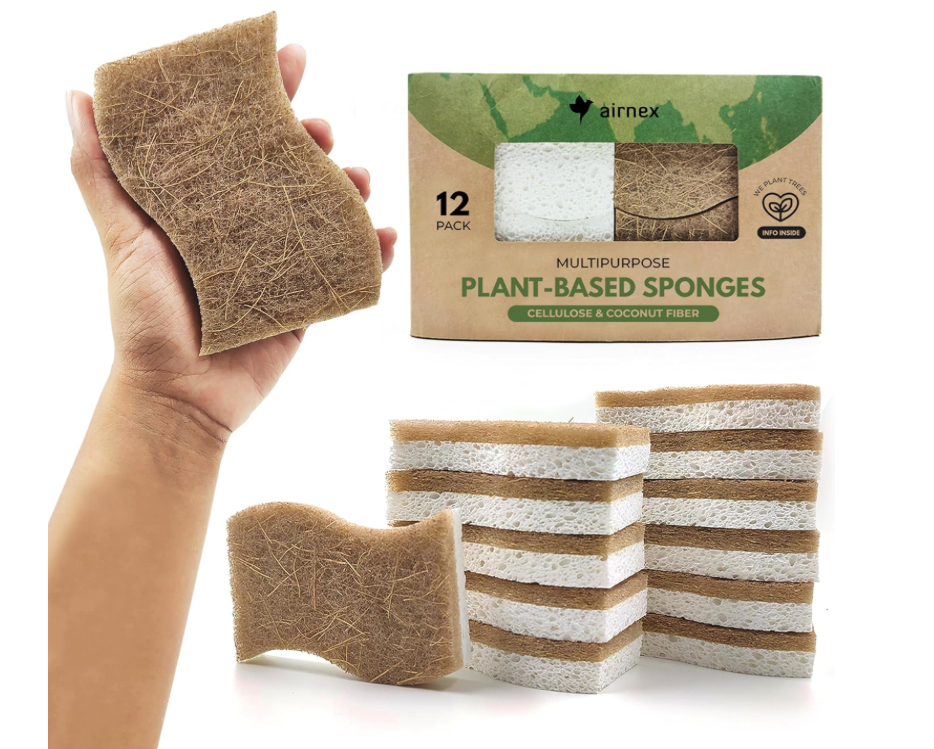

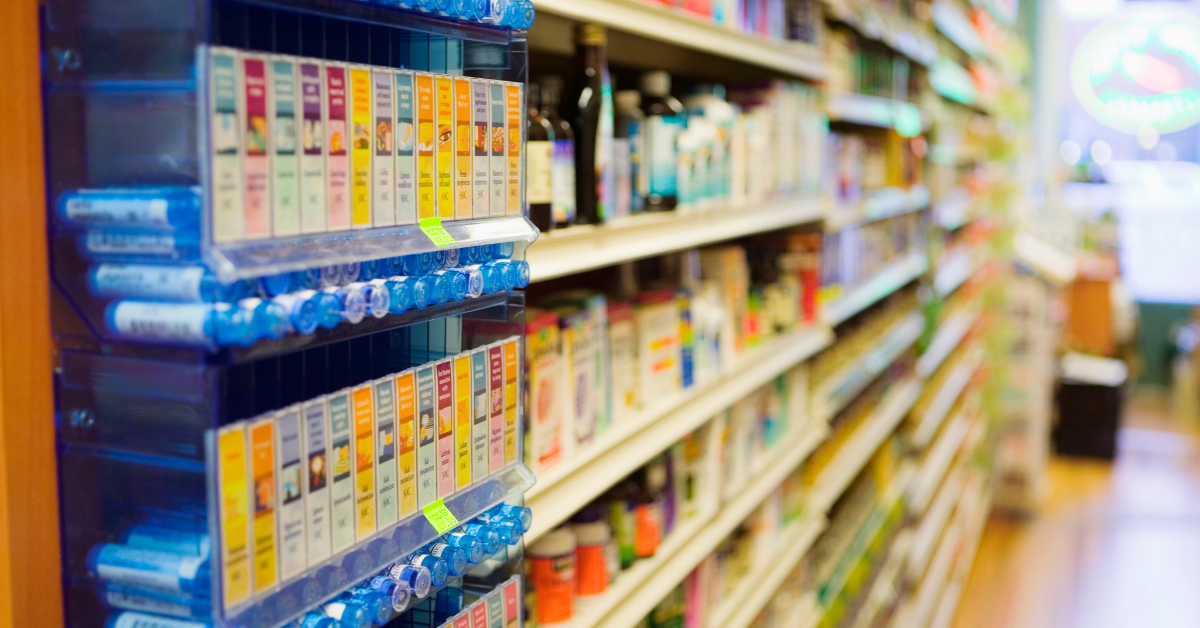

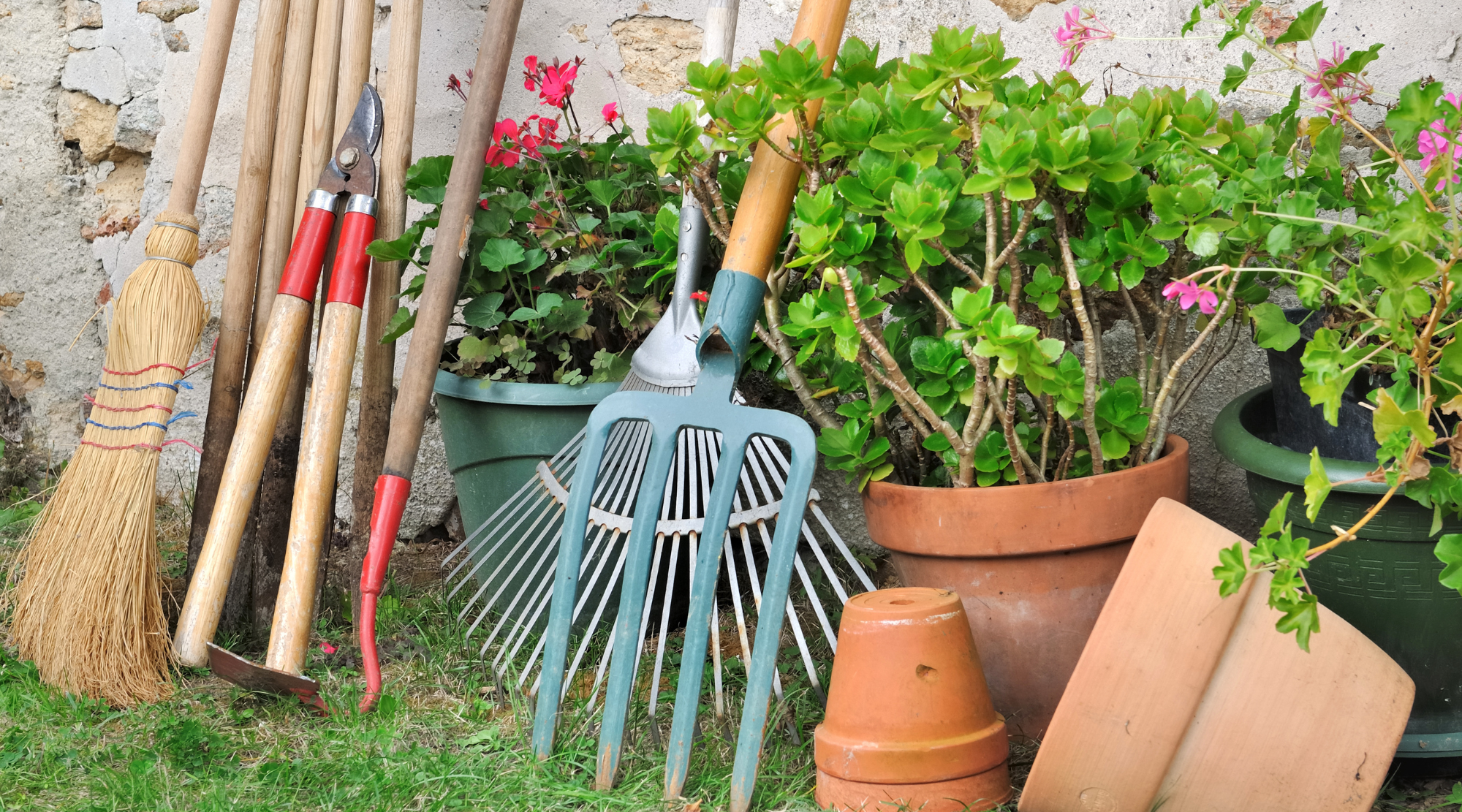

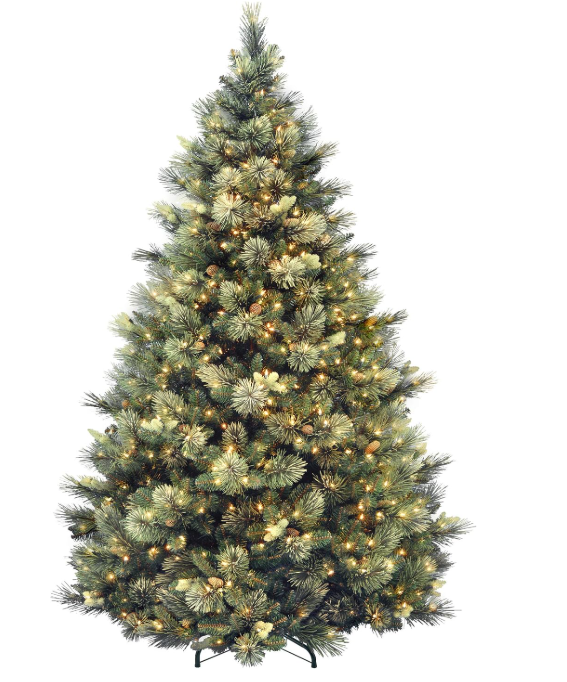


Comments 1